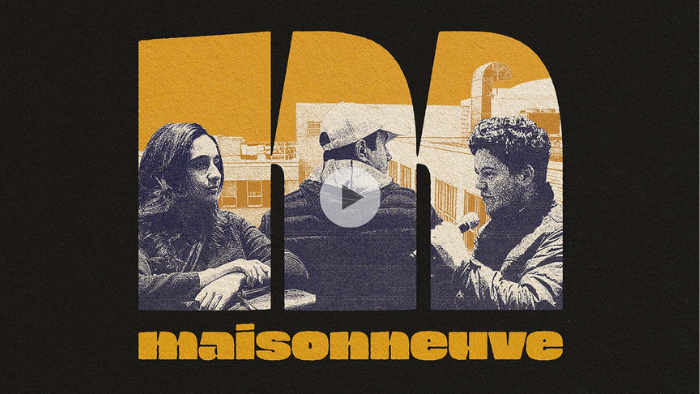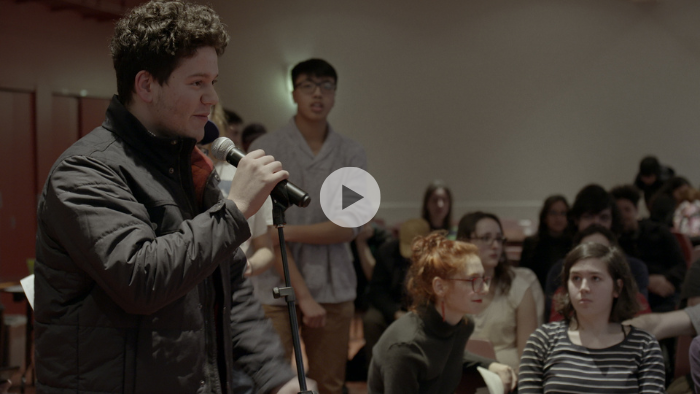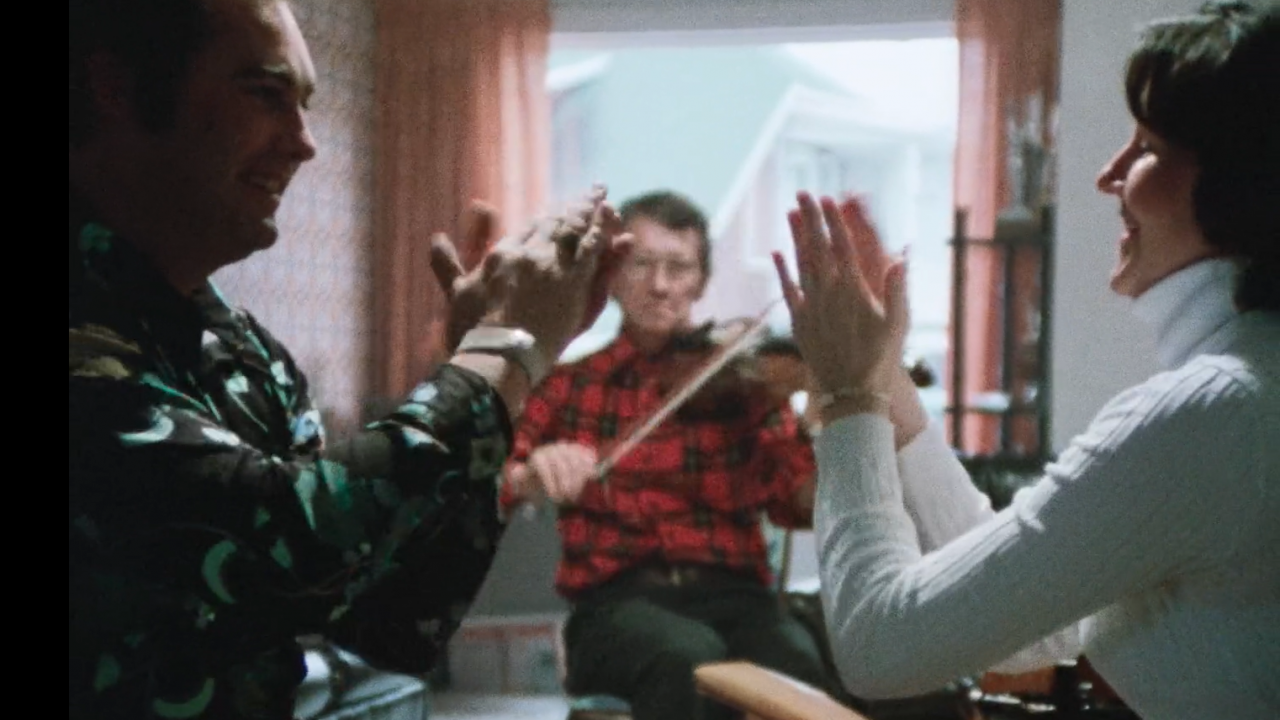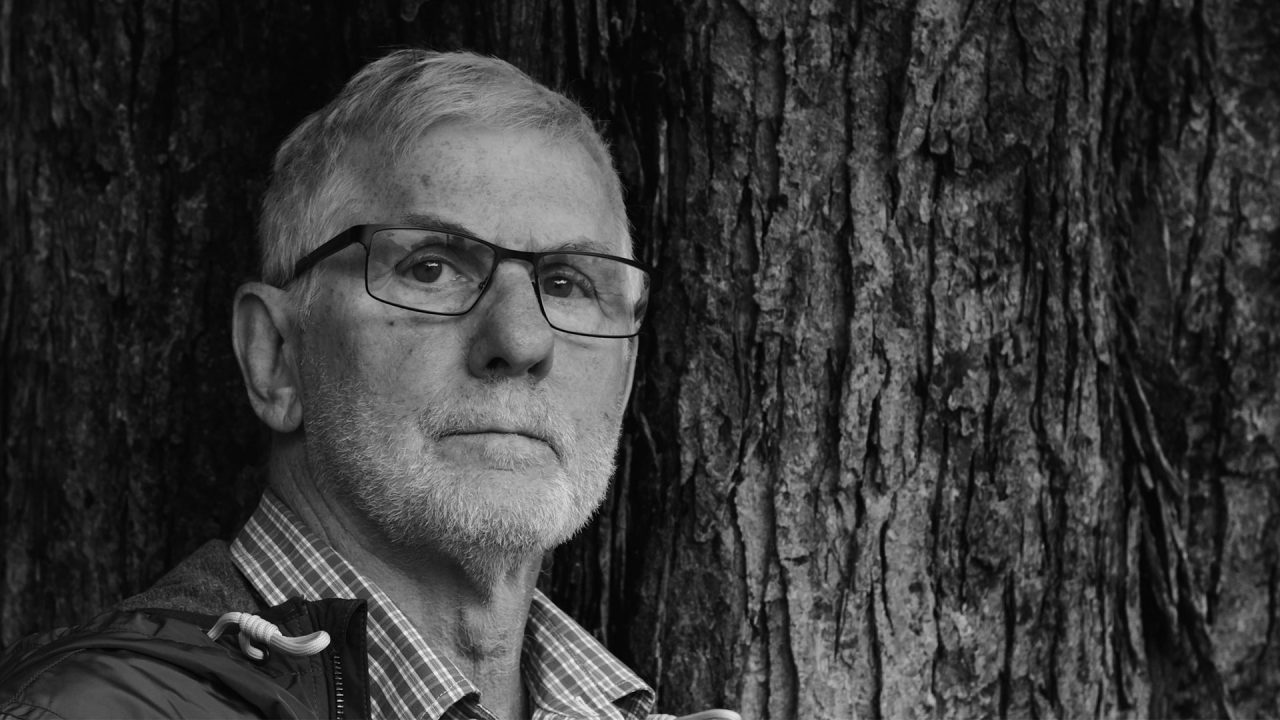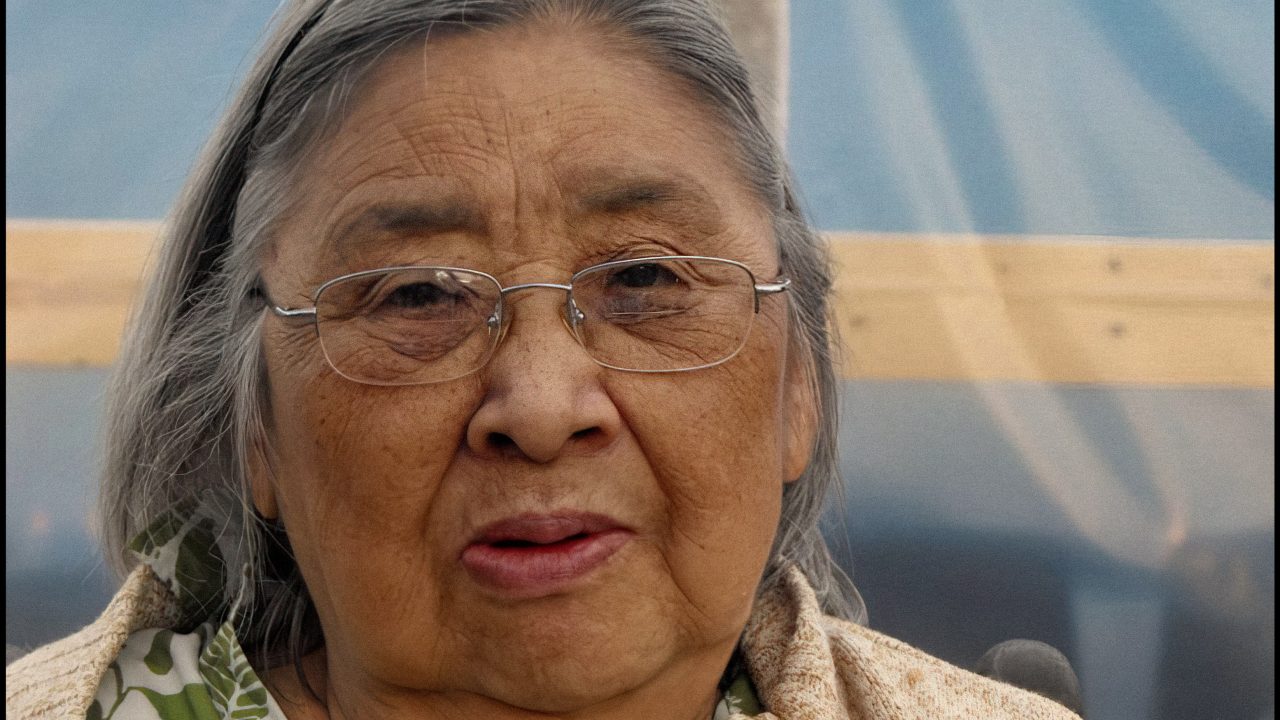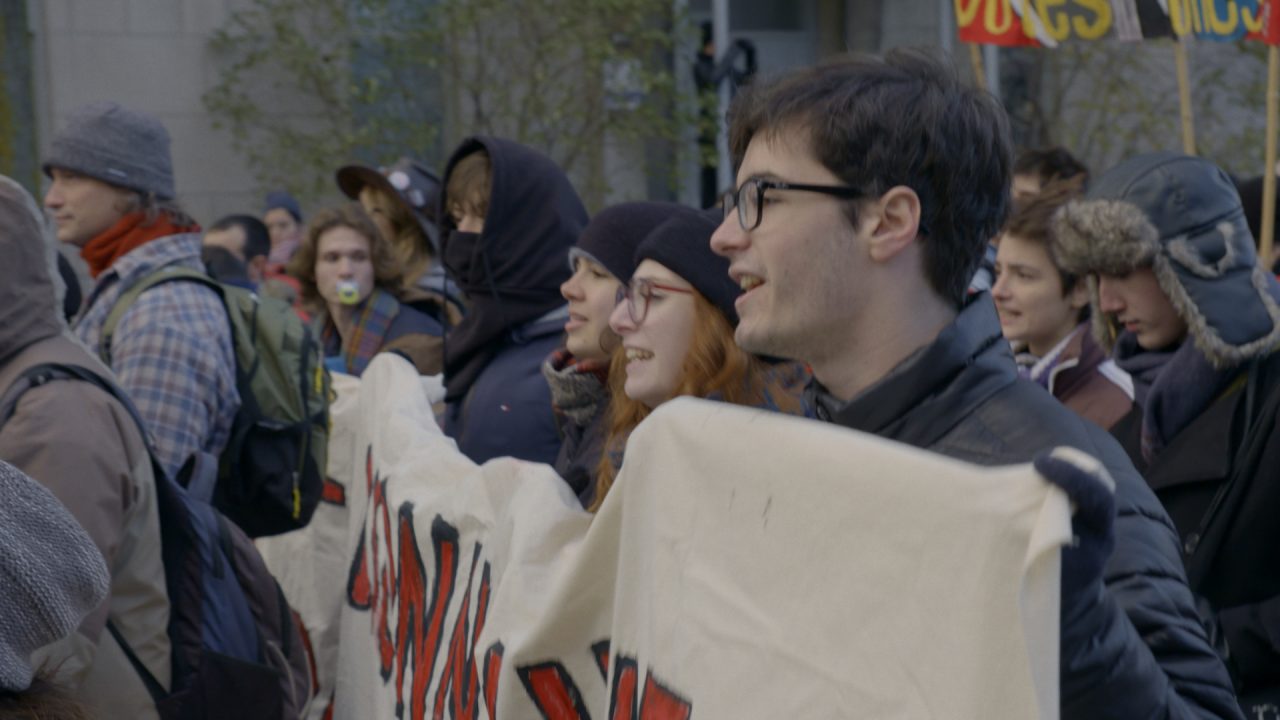
Higher Learning | Maisonneuve
Higher Learning | Maisonneuve
Series Context
In 2015, 11 students from Collège de Maisonneuve, located in Montreal’s East End, were arrested; they were in the process of trying to join the armed group Islamic State. This turn of events underlined some of the challenges of implementing intercultural education in a post-secondary institution with a highly diverse student body.
The documentary series Maisonneuve was shot during two different time periods. The first batch of footage was filmed in 2017, when memories of the events of 2015 were still fresh. Additional interviews were filmed in 2022, allowing the protagonists to reflect on the previous five years and how their time at Collège de Maisonneuve has affected them. Six episodes (each running about 25 minutes) explore different tensions within the school, especially between students and the student association or the administration. In addition, they look at the challenges of citizenship that have emerged in the intervening years.
The series centres on the question of identity. Identity, in its many forms, highlights the complexity of this college environment, which, at heart, mirrors the society in which the featured students and staff members are growing and developing.
The series as an educational tool at the college level
As a racialized woman, a professor of literature at Collège de Maisonneuve, and a former student of the college, my views on the series are rooted in an educator’s perspective and in the affective dimension—informed by my personal experience. The approach I take in my literature courses is based on the decolonization of knowledge. This series puts narratives that diverge from the dominant discourse under the spotlight. At the same time, I see the educational environment continuing to reproduce colonial mechanisms.
Each episode provides an opportunity to shed light on the student experience at the college level. Themes such as identity, culture, integration, representation and interculturalism can be analyzed in class through the lens of various disciplines.
The series contemplates many different issues. For example, we can see that Muslim Arab students are unhappy because they don’t feel they have a voice at their school or within their student association, while members of the association express discomfort in the face of demands for more inclusive and equitable representation on the executive committee. These white students, who pride themselves on being equitable and involved in seeking social justice, reveal their fragility in the face of criticism.
Also noteworthy are the police tech students who discover new realities and challenges in visiting the Indigenous community of Kitcisakik. In short, it seems as though there are gulfs between various spheres of experience at Collège de Maisonneuve. These are interesting issues to discuss in class, and, as a result, the series can serve as a rich pedagogical tool for reflection in a number of disciplines.
Social sciences: Throughout Maisonneuve, protagonists decry unequal power relationships. Members of minority groups are sometimes driven by a sense of injustice, reflected in systemic dynamics. In class, it would be relevant to discuss power mechanics not only at the college level, but also in terms of how people in power frame discourse.
Literature: For educators teaching literature, the series offers a wealth of discourse to analyze. Each protagonist addresses the others, as well as the cameras, with a particular intention and with a target audience in mind. Understanding the different components of the basic process models of communication could be key to better understanding the protagonists’ narratives.
Film studies: Interesting avenues of study include the treatment of the story and the way the story is built entirely through interviews and footage shot at Collège de Maisonneuve. Another approach is to look at how editing influences our interpretation of the events.
Creating a brave space
In a teaching context, Maisonneuve is a rich resource that offers the opportunity to raise questions on a number of subjects. These include the subject of “the other” and our approach to otherness. It can be used in class for group discussions and as a way to prompt students to consider the impact of the educational environment on their own journeys.
Classroom screenings of the series can lead to many different conversations. Discussion starters include the following questions:
- What challenges did the protagonists face in 2017 and are they still present in 2022?
- What different perspectives do protagonists bring to “the Quebec fact,” particularly with respect to religion and the interpretation of secularism?
- How does the educational system affect feelings of belonging or exclusion felt by some, with respect to Quebec society?
- What is the relationship between the protagonists’ words and a collective point of view?
Aspiring to do better
Maisonneuve offers an entry point into a world marked by diversity, power relationships and crises of identity. We can see the limits of “good will” when it comes to “living together in harmony” (a translation of the French concept of le vivre-ensemble). College is about more than teaching. Students are socialized beings, developing and making progress on their own paths. As one of the participants in the series says, it’s important for adults involved in the education system to welcome what students have to say and give them space to grow and experience events in accordance with their own development. Thoughts change, as the series brilliantly demonstrates by giving protagonists the space for critical perspective. They humbly look back at their words and actions, reflecting at the same time on the responsibilities of an educational system that’s bigger than them.
In the classroom, teachers should not be afraid to step back and allow space for documentary resources to be used as pedagogical tools. It’s a question of making use of the wealth and richness of these resources and giving students the opportunity to discuss what they’ve seen. Making the classroom a place of free and open discussion does not protect it from the risk that some thoughts will clash with each other, so it’s important to always maintain a climate of respect and kindness.
Eang-Nay Theam is a professor at Collège de Maisonneuve, where she studied humanities and social sciences. The child of refugees, she aims to better understand colonial dynamics through texts by writers of diverse backgrounds and by Indigenous Peoples. Her pedagogical studies have led her to reflect on the relevance of using documentary resources in class. She is particularly interested in literature as a way of existing through legitimately constructed narrative, as a means of reclaiming identity.
Pour lire cet article en français, cliquez ici.
Discover more Mini-Lessons | Watch educational films on NFB Education | Watch educational playlists on NFB Education | Follow NFB Education on Facebook | Follow NFB Education on Pinterest | Subscribe to the NFB Education Newsletter
